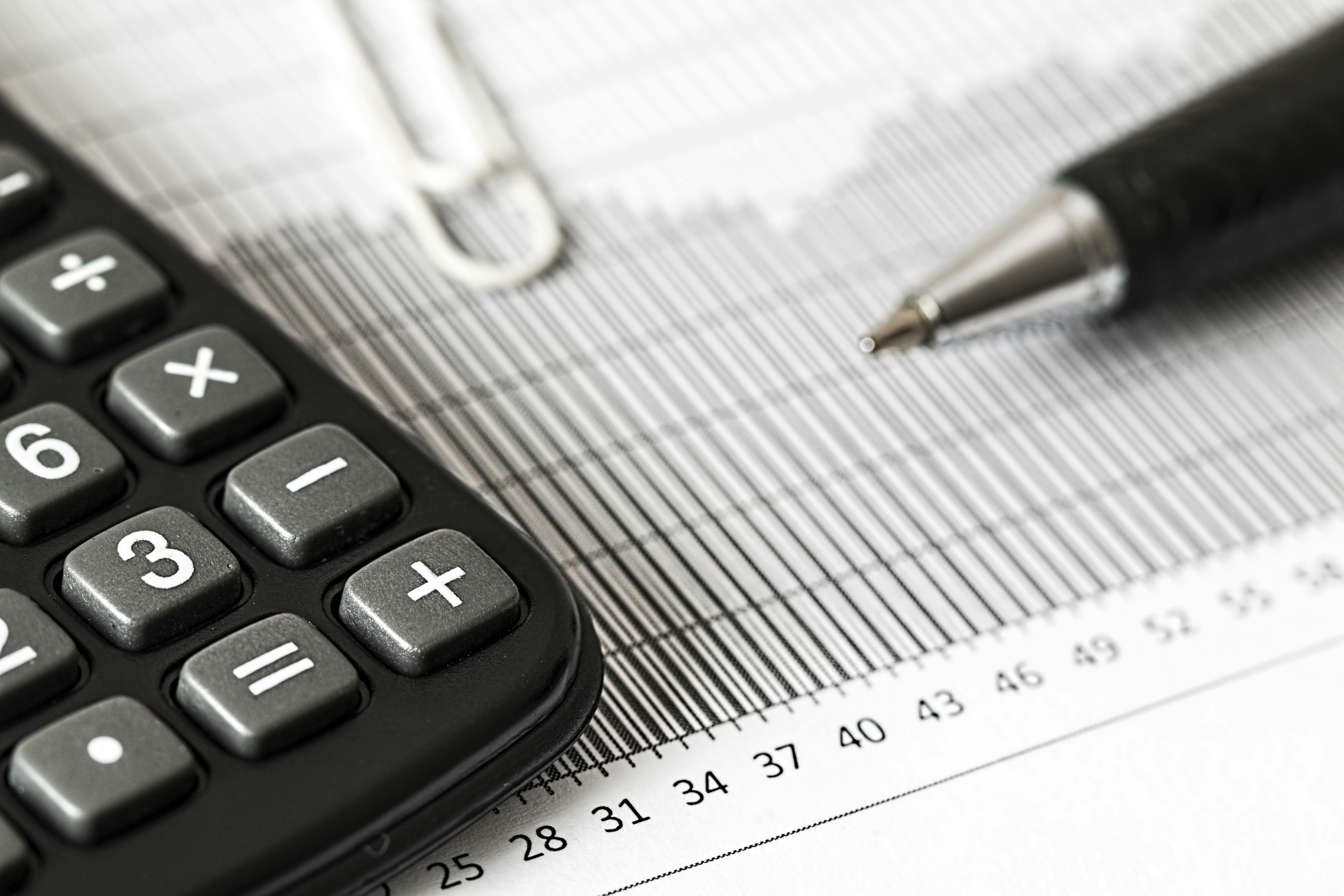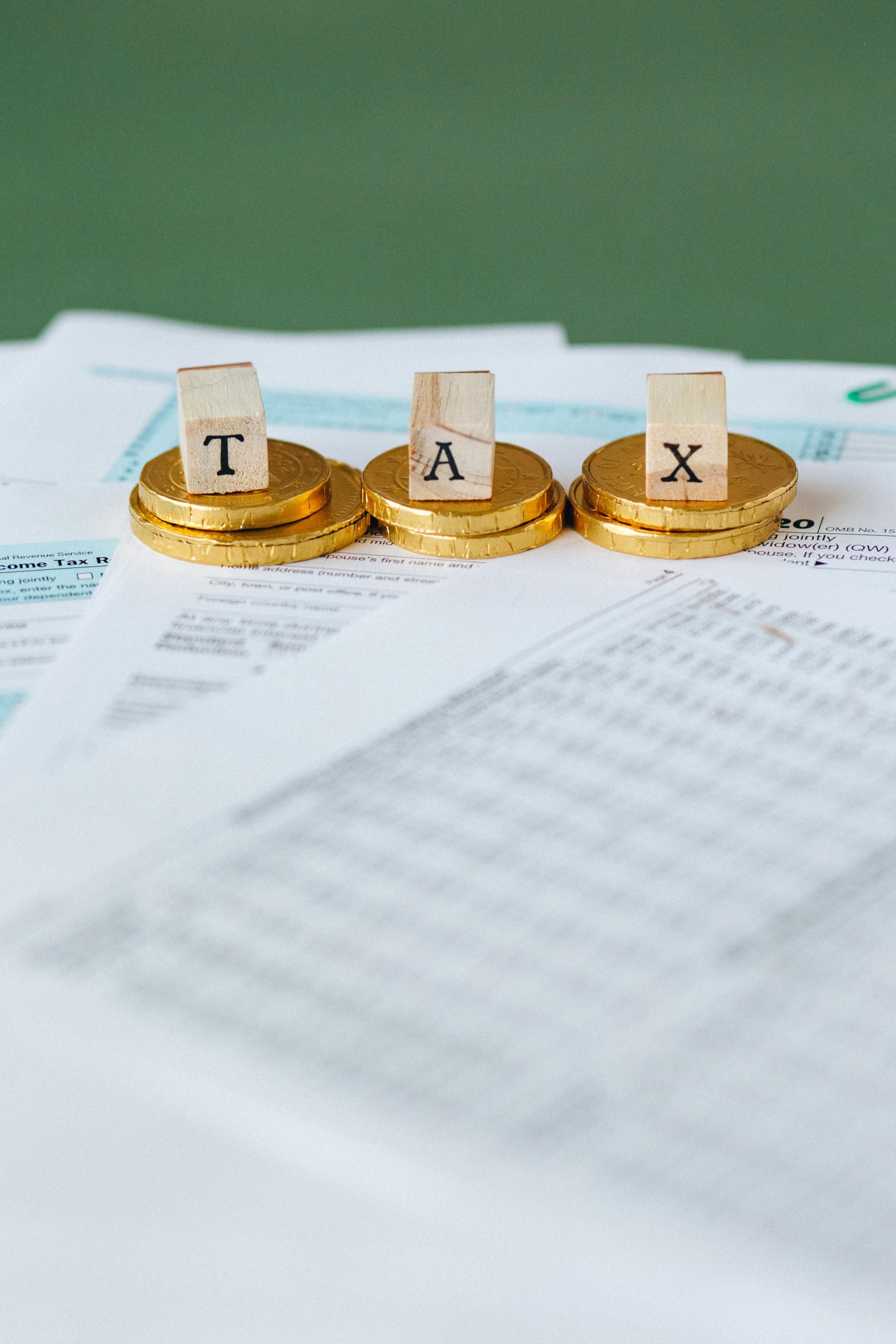
Selling a business can be a significant financial event with various tax implications. Understanding CGT is crucial for any business owner planning to sell their business. One of the most crucial aspects to understand is the Capital Gains Tax (CGT) that may apply to the sale.
This blog will provide a comprehensive overview of how much is capital gains tax when selling a business, how it is calculated, and strategies to minimise your tax liability.
Understanding Capital Gains Tax
Capital Gains Tax (CGT) is a tax on the profit made from disposing of assets, including investments, property, and shares. It’s important to note that CGT is not a separate tax but a part of your income tax. The profit, or “capital gain,” is added to your income and taxed at your marginal income tax rate.
How Much is Capital Gains Tax When Selling a Business, and How Do You Calculate It?
Calculating CGT when selling a business involves several steps. First, determine the capital proceeds, which is the amount you received from selling the business. Next, calculate your cost base, which includes all costs associated with acquiring, holding, and disposing of the business.
Subtract the cost base from the capital proceeds to determine your capital gain or loss. If multiple assets are sold, repeat the process for each asset. Subtract any capital losses from your capital gains. Then, apply any applicable CGT discounts. Finally, report the net capital gain or loss, also known as the assessable capital gain, in your income tax return.
Capital Assets and Gains
What Qualifies as a Capital Asset?
A capital asset is any property or investment owned by an individual or business. In the context of selling a business, capital assets can include the business itself, as well as machinery, equipment, and intellectual property.
What is a Capital Gain?
A capital gain occurs when you sell an asset for more than its cost base. The profit generated from this sale is considered a capital gain and is subject to CGT. The amount of CGT you pay depends on the profit made from the sale.
Calculating Capital Gains Tax
Calculating Your Capital Gain or Loss
To calculate your capital gain or loss, you need to determine the capital proceeds, which is the total amount received from the sale. Then, you need to calculate the cost base, which is the total cost of acquiring, maintaining, and selling the asset. Subtract the cost base from the capital proceeds to determine your capital gain or loss.
Applying CGT Concessions and Discounts
Several capital gains tax concessions and capital gains tax discounts can reduce your tax liability. For instance, individuals and trusts that have owned the business for at least 12 months may be eligible for a 50% discount.
Additionally, the 15-year exemption allows business owners aged 55 and over who are retiring or permanently incapacitated to be exempt from CGT if the business has been owned for at least 15 years.
The 50% active asset reduction allows businesses that have been actively used for at least half the period of ownership to reduce the capital gain by 50%. The retirement exemption allows business owners planning to retire to exclude up to $500,000 of capital gain from CGT if the proceeds are used for retirement purposes.
Lastly, the small business rollover concession allows deferring the capital gain if the proceeds are used to acquire a replacement asset or improve an existing asset.
CGT Concessions and Discounts
Available Concessions and Discounts
Small business owners can utilise various concessions to reduce CGT liability. These include the 50% CGT discount, 15-year exemption, 50% active asset reduction, retirement exemption, and small business rollover concession. Some strategies and concessions can even result in capital gain tax-free outcomes.
15-Year Exemption
This exemption applies to business owners aged 55 or older who are retiring or permanently incapacitated. If the business has been owned for at least 15 years, the capital gain from the sale may be exempt from CGT.
50% Active Asset Reduction
This concession allows a 50% reduction in the capital gain for businesses that have been actively used for at least half the period of ownership.
Retirement Exemption
Business owners planning to retire can exclude up to $500,000 of capital gain from CGT if the proceeds are used for retirement purposes.
Small Business Rollover Concession
This concession allows deferring the capital gain if the proceeds are used to acquire a replacement asset or improve an existing asset. The deferral can last up to two years.
Factors Affecting CGT

Earnout Arrangements
Earnout arrangements, where the seller receives future payments based on the business’s performance, can impact the calculation of CGT. These arrangements should be carefully structured to minimise tax liability.
Buy or Sell Agreements
These agreements outline the terms of the sale, including the transfer and funding arrangements. When considering an asset sale compared to a share sale, it is crucial to understand the implications and consult a financial advisor to determine the most tax-efficient method. Proper structuring of these agreements can also impact CGT.
CGT Cap Election
Making a CGT cap election allows contributions to a superannuation fund to be excluded from the non-concessional contributions cap, affecting the overall CGT liability.
Rollover Statement
A rollover statement provides information about the seller’s superannuation fund, facilitating the rollover process and potentially impacting CGT.
Paying Capital Gains Tax
When Do You Pay Capital Gains Tax?
CGT is payable in the financial year the sale occurs. The amount payable depends on the capital gain made from the sale.
Minimising Capital Gains Tax
Tax Minimisation Strategies When Selling Your Business
Utilising CGT concessions is a key strategy to minimise your tax liability. Planning the sale of your business well in advance, including understanding the calculation and payment of capital gains tax altogether, allows you to take full advantage of available concessions. Seeking advice from tax professionals ensures you comply with regulations and maximise your tax benefits.
Planning and Reporting
Planning Your Business Sale
Early planning is essential for a successful business sale. The individual’s taxable income tax rate will affect the calculation of CGT. Consider potential tax implications and plan strategies to minimise tax obligations. Advanced planning can help achieve a favourable tax outcome
Reporting Your Capital Gain or Loss
Report your net capital gain or loss in your income tax return. If you incur a capital loss, it can be carried forward to offset future capital gains.
Key Takeaways on Capital Gains Tax When Selling a Business
Capital gains tax is a tax on profits from disposing of assets, including businesses. Calculating CGT involves determining the capital proceeds, calculating the cost base, and applying any applicable concessions and discounts.
Utilising CGT concessions can significantly reduce your tax liability. Advanced planning is critical to successfully selling a business and minimising tax obligations. For personalised assistance with accounting or bookkeeping related to selling your business, reach out to Grey Space Advisory.